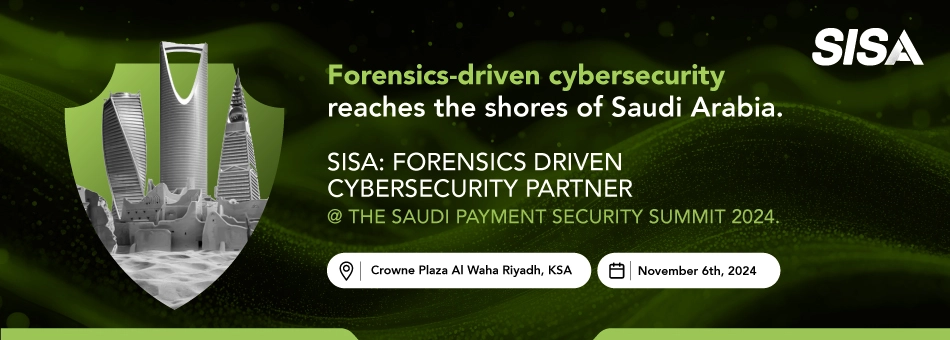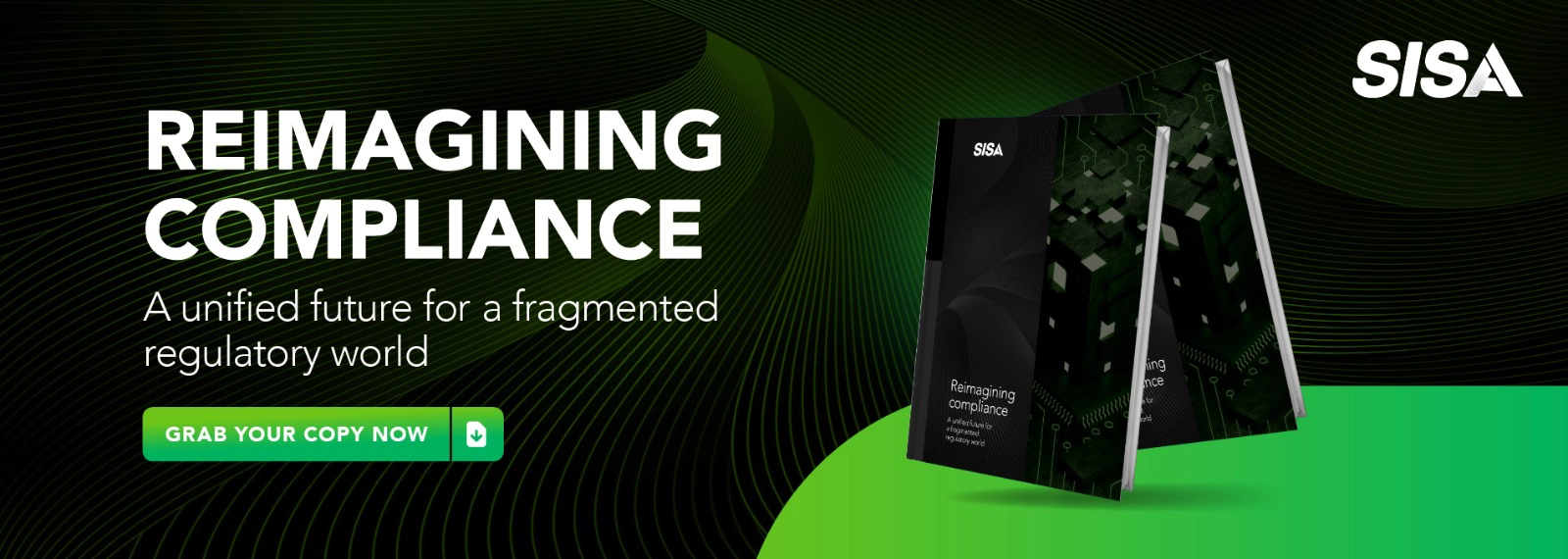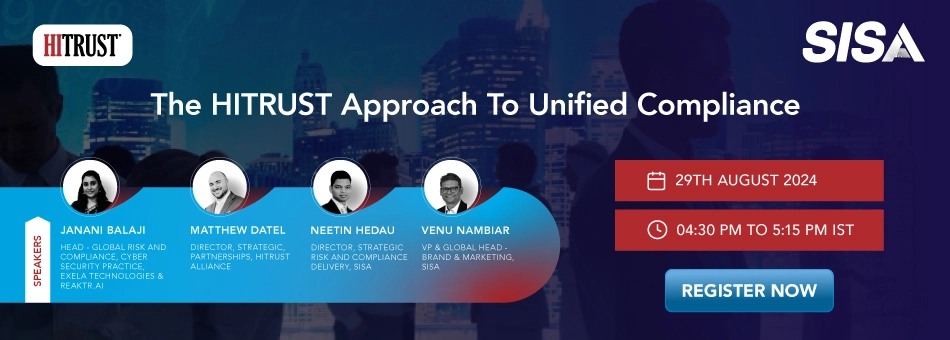
PCI DSS Compliance
Improve security, reduce risk of data breaches, and enhance customer trust!
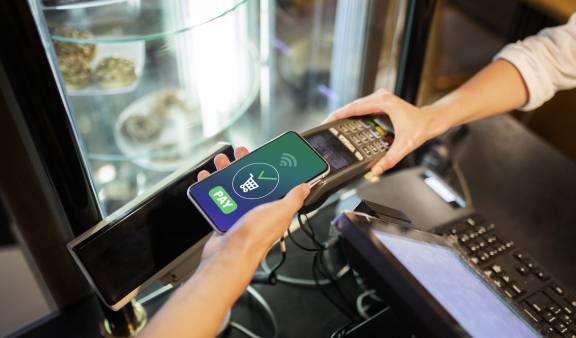
- Are you an organization that accepts, processes, stores or transmits payment card information?
- Is securing cardholder data a top-of-mind priority for your organization?
- Do you want to future-proof your business against payment card data breaches?
If yes, Payment Card Industry Data Security Standard (PCI DSS) compliance is imperative for you!


Are you ready to take your compliance to
the next level with PCI DSS 4.0?
Prepare for the transition with reduced cost, time, and effort!
Simplify PCI DSS compliance and certification in 3 easy steps
Assessment Phase
- Kick-off Meeting and Awareness Session
- Understanding the Business Flow
- Scoping and Gap Assessment
Remediation Phase
- Consulting on how to mitigate the gaps
- Off-site Support for closure of gaps
Certification Phase
- Offsite review
- Final onsite audit

Our PCI DSS methodology includes detailed
scoping, consultation, review and reporting

Awareness sessions to sensitize the users on the criticality of PCI DSS compliance

A gap assessment is to identify the gaps in the infrastructure

Final review and onsite audit

Risk assessment to identify the various exposure points that exist within the infrastructure

Scoping exercise to assess the cardholder environment

Off-site and onsite consultation support to help mitigate the gaps
Why partner with SISA for your PCI DSS
compliance certification journey?

The first QSA since inception of PCI SSC, in 2006.

A PCI GEAR Committee member and an active participant in PCI Community.

Trusted partner to over 2,000 customers in 40+ countries.

Author of #1 PCI Implementer Training Program - CPISI.

A leading global PCI Forensic Investigator (PFI) with 2,000+ PCI Audits performed globally.

Recognized by PCI SSC as a PCI QSA, Secure Software Assessor, Secure SLC Assessor, PCI ASV, P2PE-QSA, PFI and PCI PIN Security Assessor.

Want to know more?
Featured Insights
Request a Call

SISA is a global forensics-driven cybersecurity solutions company, trusted by leading organizations for securing their businesses with robust preventive, detective, and corrective cybersecurity solutions. Our problem-first, human-centric approach helps businesses strengthen their cybersecurity posture.
Industry recognition by CREST, CERT-In and PCI SSC serves as a testament to our skill, knowledge, and competence.
We apply the power of forensic intelligence and advanced technology to offer true security to 2,000+ customers in 40+ countries.
Company
Resources
Quick Links
Copyright © 2024 SISA. All Rights Reserved.
 USA
USA India
India APAC
APAC Middle East
Middle East Global
Global
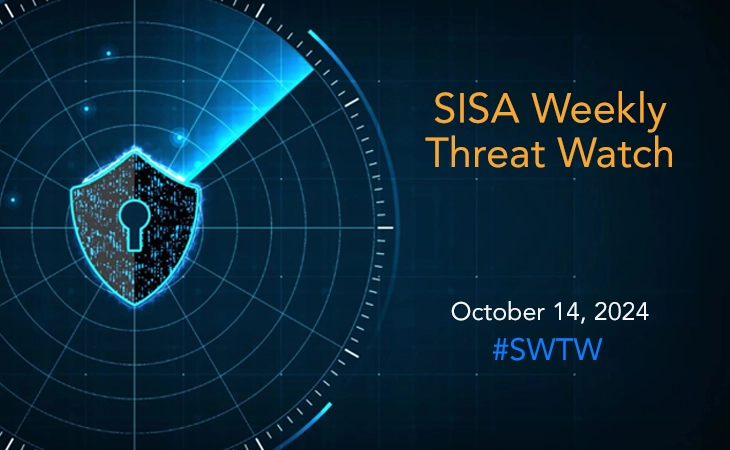
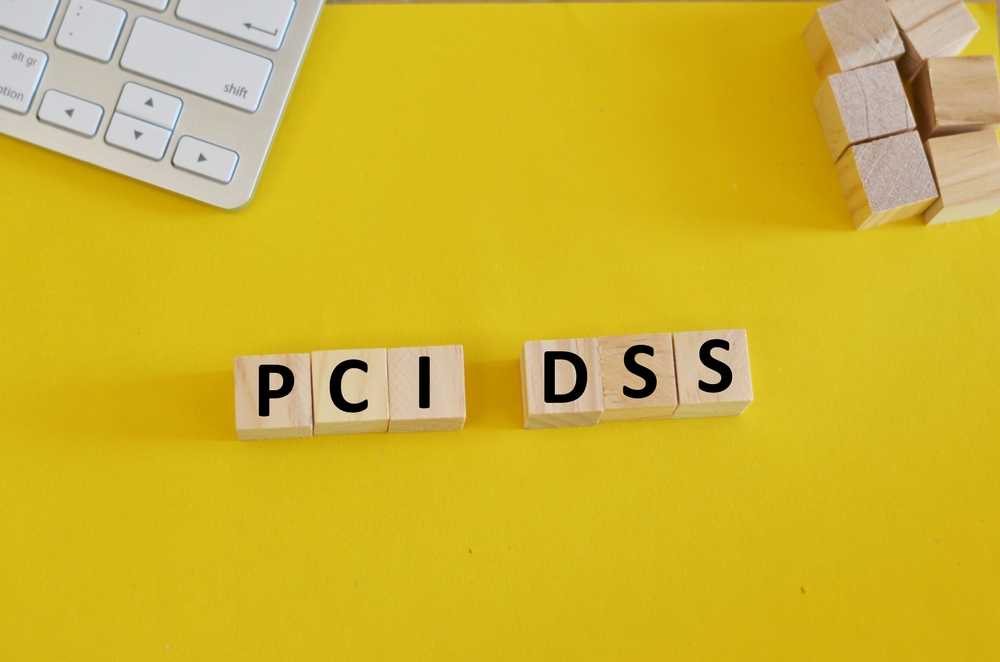
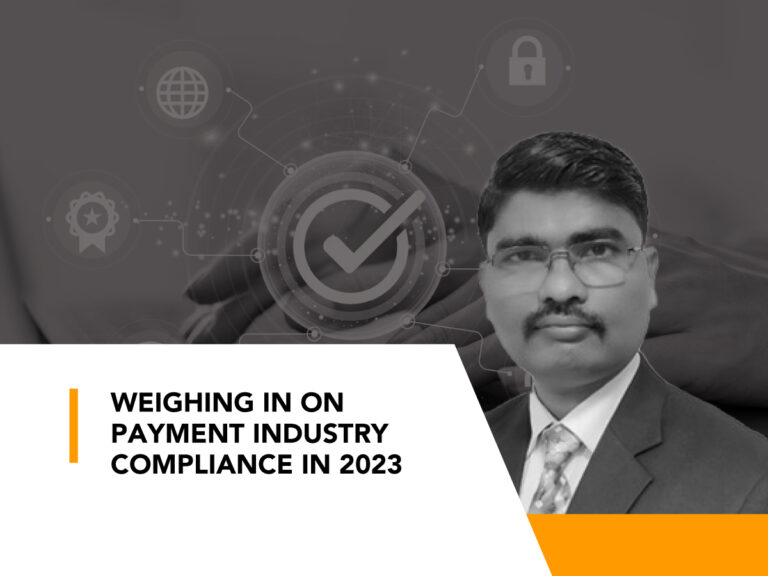
 Facebook
Facebook Linkedin
Linkedin  X
X Youtube
Youtube
